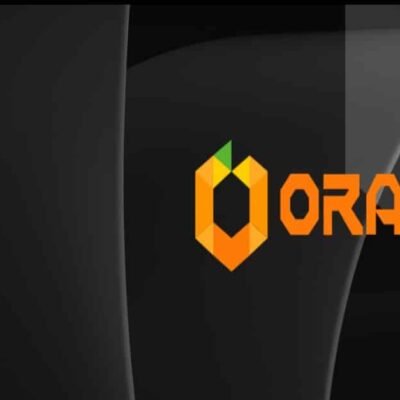Large Cap Growth fund seekers should not consider taking a look at Akre Focus Retail (AKREX) at this time. AKREX has a Zacks Mutual Fund Rank of 5 (Strong Sell), which is based on various forecasting factors like size, cost, and past performance.
We classify AKREX in the Large Cap Growth category, an area rife with potential choices. Large Cap Growth funds invest in many large U.S. companies that are expected to grow much faster compared to other large-cap stocks. To be considered large-cap, companies must have a market cap over $10 billion.
AKREX is a part of the Akre family of funds, a company based out of Middleburg, VA. Akre Focus Retail debuted in August of 2009. Since then, AKREX has accumulated assets of about $4.29 billion, according to the most recently available information. The fund’s current manager, John Neff, has been in charge of the fund since August of 2014.
Investors naturally seek funds with strong performance. This fund has delivered a 5-year annualized total return of 13.39%, and it sits in the bottom third among its category peers. Investors who prefer analyzing shorter time frames should look at its 3-year annualized total return of 12.86%, which places it in the bottom third during this time-frame.
It is important to note that the product’s returns may not reflect all its expenses. Any fees not reflected would lower the returns. Total returns do not reflect the fund’s [%] sale charge. If sales charges were included, total returns would have been lower.
When looking at a fund’s performance, it is also important to note the standard deviation of the returns. The lower the standard deviation, the less volatility the fund experiences. AKREX’s standard deviation over the past three years is 20.34% compared to the category average of 16.22%. The standard deviation of the fund over the past 5 years is 20.36% compared to the category average of 17.35%. This makes the fund more volatile than its peers over the past half-decade.
Investors should not forget about beta, an important way to measure a mutual fund’s risk compared to the market as a whole. AKREX has a 5-year beta of 1.06, which means it is likely to be more volatile than the market average. Because alpha represents a portfolio’s performance on a risk-adjusted basis relative to a benchmark, which is the S&P 500 in this case, one should pay attention to this metric as well. The fund has produced a negative alpha over the past 5 years of -3.38, which shows that managers in this portfolio find it difficult to pick securities that generate better-than-benchmark returns.





